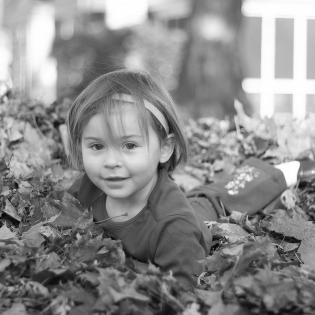Beginning At Home
The purpose of this lesson is to guide learners to participate in caring for our Earth by engaging in activities of environmental stewardship.
The learner will:
- share ideas about stewardship close to home.
- participate in a neighborhood cleanup activity.
- reflect on ways to be good stewards of the Earth.
- read aloud copy of The Wartville Wizard by Don Madden (see Bibliography)
- read aloud copy of The Great Trash Bash by Loreen Leedy (see Bibliography)
Leedy, Loreen. The Great Trash Bash. New York, NY: Scholastic, 1993: ISBN:0-590-45943-0
Madden, Don. The Wartville Wizard. New York, NY: Simon and Schuster, 1986: ISBN:0-689-71667-7
Instructions
Anticipatory Set:
Read the story, The Wartville Wizard by Don Madden. In the story the old man gets very discouraged because the townspeople don’t seem to care about Wartville and throw trash everywhere. The old man is given the power over trash and helps the townspeople to see that they need to take action.
Discuss the changes in the main character in the story.
- How did the old man feel when the townspeople didn’t care about Wartville?
- What were some ways he tried to help his town? Was he successful?
- Can one person do it all?
- Review the setting, problem, and solution of the story.
Discuss how it feels when someone messes up an area where you like things to be neat.
- How would you feel if someone else left messes or threw junk on the floor and made a mess in our space?
- What would happen if we never cleaned it up? What problems may this cause?
- Review rules we have at home or school about each person doing their part. Is that also true in our neighborhoods, parks, woods, and shared community spaces?
Remind the students that the old man in the story needed the townspeople’s help in order to keep Wartville clean. Play an upbeat song that has a play-time of about 3 minutes. Tell the students that when the music starts they need to together clean up a messy space. The students may choose to sing or dance while they work. This creates a fun activity while completing a necessary task. Encourage learners to clean and to pick up misplaced things throughout the room. This means that they need to help clean beyond their own personal space. Stress the point that “We all work together.”
Read the story, The Great Trash Bash, by Loreen Leedy. This is another story that focuses on the idea of environmental responsibility. The people in the town realize that they need to start treating their town with respect and take care of the trash. Discuss the proposed ways to cut down on trash and add more personal ideas.
The students create posters to be displayed around the school or neighborhood that encourage people to reduce, reuse, and recycle for the good of the community and the earth. You may want to brainstorm some catch phrases to help the students get started.
Learners will be participating in an “at home” service learning activity. Learners will explain to their families the word stewardship and how to help take care of the Earth. Along with their families, they will be collecting trash from their home or neighborhoods. Learners will discuss with their families that they are working to clean the neighborhood and by doing so they are acting for the common good of everyone in the neighborhood. They are being good stewards of the Earth. Learners will create a sample display of their trash findings with the class. Encourage the learners to share what they have found as well as reflect upon why the items existed in their environment and how the clean up has helped.
Philanthropy Framework
-
Strand PHIL.III Philanthropy and the Individual
-
Standard PI 01. Reasons for Individual Philanthropy
-
Benchmark E.3 Define stewardship and give examples.
-
-
